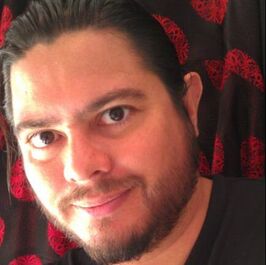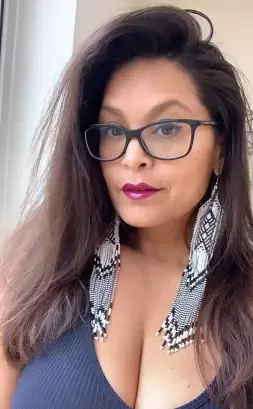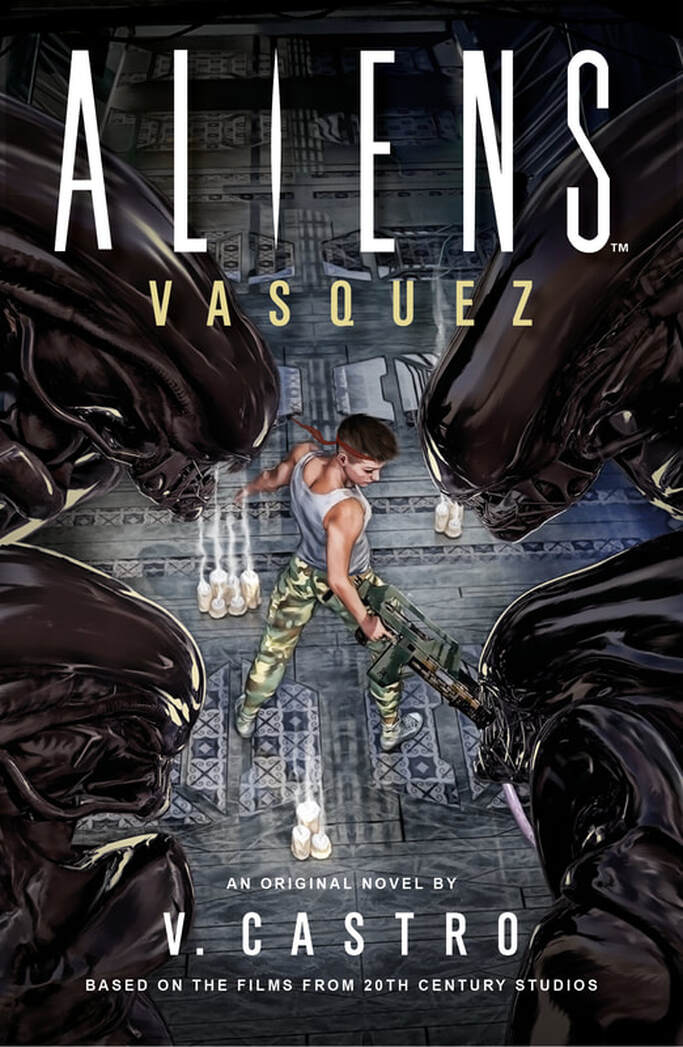|
"Jenette was a warrior, had walked the warrior’s path, even if it was wayward at times where she stumbled with bad judgment. Now in this final test for the Marine Corps, she had to muster all the ganas of every soldier in her family who served before her. In this moment her bones weren’t made of calcium and marrow, but of steel. They would be steel for as long as she needed to get what she wanted." From Aliens: Vasquez Review of Aliens: Vasquezby Scott Duncan-Fernandez There’s more Aliens out there—the franchise has put out more video games, comics, and books—but it's the connected Predator franchise movie Prey that has people talking about Native women characters and representation in sci-fi lately. There's already been a famous bad ass brown woman in sci-fi—Jeanette Vasquez from the 80s movie Aliens. Some might point out the actress who played her wasn't a Chicana and the writer wasn't either. I recall some claiming she was a chola stereotype. My rewatch of Aliens as an adult showed the character was capable, brave, and dealt with typical racism despite her not being written or depicted by a Mexican American. Yet the character needed more. V. Castro in Aliens: Vasquez gives Jeanette Vasquez a Chicana soul and a past and goes beyond a plastic sheen of culture. The story pulled me in hard on the life Jeanette Vasquez and then her daughter Leticia living on Earth and as tough Chicana marines in space. Not only does the character from the movie Aliens get a real deal Chicana soul in this book, the Aliens franchise gets a Chicano outlook. The way Vasquez sees the world, how she lives, and how she fights xenomorphs is filtered by who she is. She is a brown woman who is connected to a chain of warrior women, particularly the Soldaderas from the Mexican Revolution, whose coiled hairstyle was famously borrowed by Princess Leia. The Aliens franchise has thematically been about women fighting patriarchy, dealing with the monstrousness of reproduction, sexuality, parenthood and inheritance of roles. As we all know Vasquez doesn't make it in Aliens, though tough to the end, and the book eventually hands her story off to her daughter, who also aspires to be an elite marine. Her corporate ladder climbing twin brother and she eventually meet up again on a mission involving the heads of the Weyland-Yutani corporation on a planet little is known about. The life of these two women, Jeanette and her daughter, is a struggle against the system, a patriarchy like many stories in Aliens, but compounded by poverty and racism. Chicano culture comes through as they honor Santa Muerte in xenomorph constructions and make ofrendas and a native weapon, a macuahuitl out of xenomorph bodies. The author V. Castro knows Aliens. There are allusions to other Aliens media throughout the book, some characters are ancestors, some places get mentioned. This is Jeanette and Leticia’s story, as much as Alien was Ripley’s story. Jeanette and her daughter have more against them, they are working class Chicanas, but they are tough, they inspire and finally represent in the way Chicanos want. Aliens: Vasquez isn't Aliens with taco sauce packets. It's a Chicana story that everyone can appreciate. This is more than representation, this novel is one of our stories, both in space and on Earth, in the future, something us brown sci-fi nerds always want. Of course, I want more and want to see sequels of Aliens: Vasquez and more from V. Castro. Aliens: Vasquez is available October 25, 2020 Scott Duncan-Fernandez a.k.a. Scott Russell Duncan’s fiction involves the mythic, the surreal, the abstract, in other words, the weird. He is Indigenous/Xicano/Anglo from California, Texas, and New Mexico and is senior editor at Somos en escrito Literary Magazine. In 2016 he won San Francisco Litquake’s Short Story Contest. His piece “Mexican American Psycho is in Your Dreams” won first place in the 2019 Solstice Literary Magazine Annual Literary Contest. His debut novel will be published with Flowersong Press in 2023.  V. Castro was born in San Antonio, Texas, to Mexican American parents. She’s been writing horror stories since she was a child, always fascinated by Mexican folklore and the urban legends of Texas. Castro now lives in the United Kingdom with her family, writing and traveling with her children.
0 Comments
Your comment will be posted after it is approved.
Leave a Reply. |
Archives
July 2024
Categories
All
|
Donate and Make Literature Happen
is published by the Somos En Escrito Literary Foundation,
a 501 (c) (3) non-profit, tax-exempt corporation. EIN 81-3162209



 RSS Feed
RSS Feed